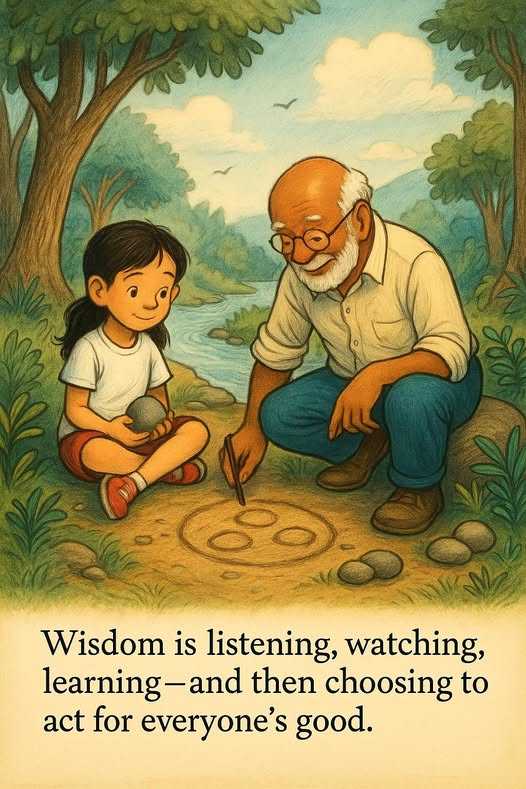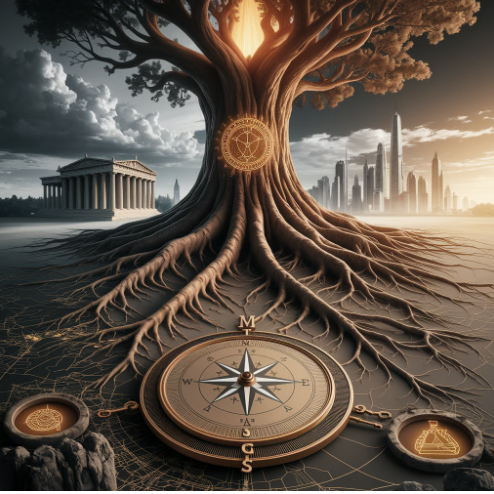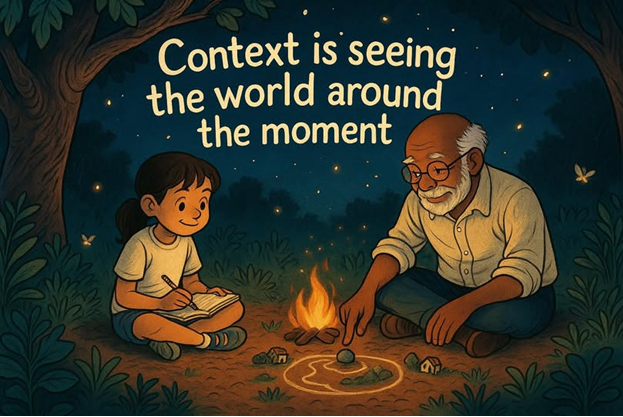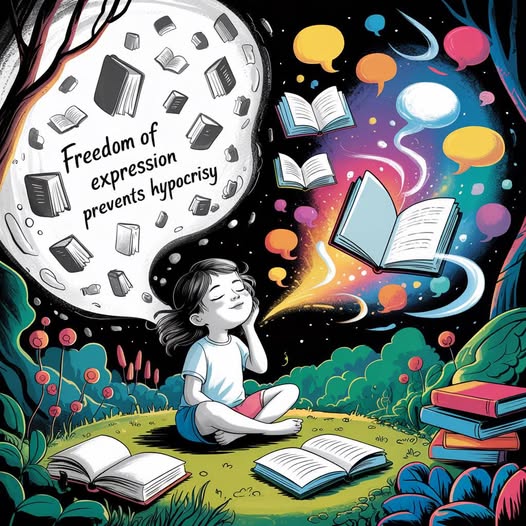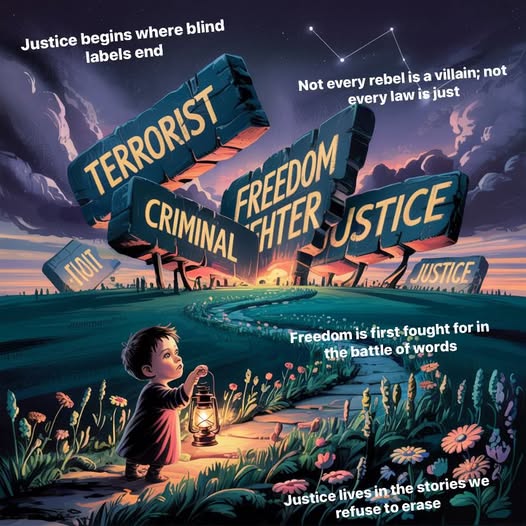What is Wisdom, Anyway?
The morning mist curled softly around the stones as Mira and her grandfather walked along a quiet forest path. Birds stirred the silence with their songs, and the gentle murmur of a nearby stream echoed like a distant memory. Mira held a smooth stone in her palm, one she had picked up during their last […]
What is Wisdom, Anyway? Read More »
Wisdom